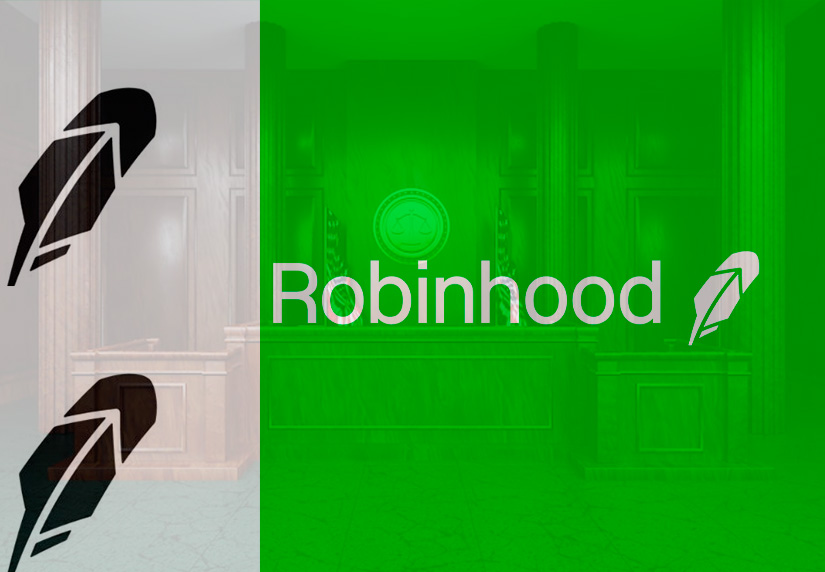Robinhood, an online crypto brokerage firm, has once again succeeded in having a class-action lawsuit against it dismissed by the federal appeals court of the United States. The lawsuit was filed by 16 investors who claimed that Robinhood prevented them from purchasing 13 “meme stocks” during a social media frenzy in January 2021 that caused their prices to skyrocket.
Robinhood had previously requested that the allegations against it be dismissed. The plaintiffs in the case against Robinhood argued that the platform’s decision to restrict the purchase of certain “meme stocks” prevented them from making a profit when their prices rose. They also claimed that this action caused the stock prices of these companies to fall.
Robinhood Could Finally Be in the Clear
However, the lawsuit, which was filed in September 2021, was short-lived. In January 2022, Robinhood filed a motion to have the complaint dismissed, which the court granted. In its motion, Robinhood argued that the plaintiffs had failed to state a valid claim.

The plaintiffs in the Robinhood case, who were dissatisfied with the earlier ruling, appealed to the US appeals court in March 2023 in an attempt to seek justice. However, it appears that they have encountered another setback. US Appellate Court Judge Britt Grant upheld the previous ruling, stating that the case lacked legal merit.
Judge Grant explained that, according to its customer agreement, Robinhood is allowed to restrict any transaction, meaning that the platform has the right to decide whether or not to accept a trade offer.
While the court has ruled that Robinhood is not responsible for the allegations against it, this may only be temporary. The investors may choose to escalate the case by taking it to the US Supreme Court for a final decision. However, to do so, they must first file a petition for a “writ of certiorari,” which is a document requesting that the Supreme Court review the case.
Of the over 7,000 cases that the Supreme Court reviews, it only accepts about 100-150 cases, so it is unlikely that the investors will have another chance to argue their case in court. At the time of publication, neither Robinhood nor the plaintiffs’ lawyers have commented on this development.


